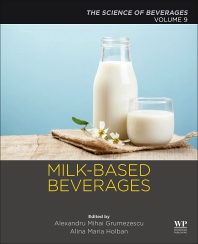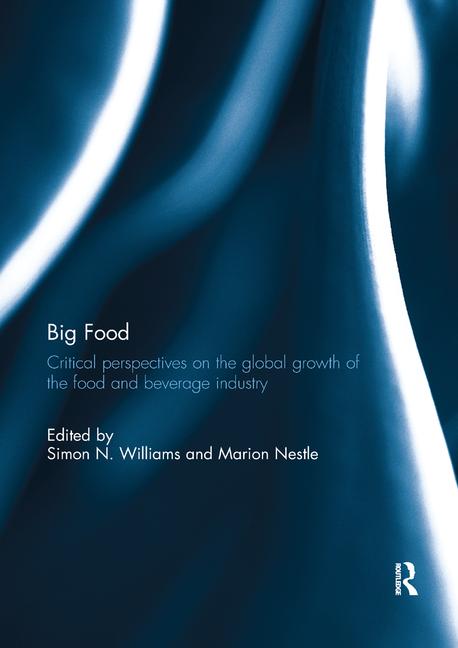Report shows reduction of consumer calories from beverages
Keybridge found that calories for each person have decreased 10% since 2014

The latest evaluation of a public commitment by America’s beverage companies and brokered by the Alliance for a Healthier Generation to reduce the sugar people get from beverages shows that consumption of full-calorie beverages declined in 2020 as consumers shifted toward low- and zero-sugar beverages for the fourth consecutive year.
Independent evaluator Keybridge LLC released its annual progress report on the Beverage Calories Initiative (BCI), a nationwide effort by American Beverage, The Coca-Cola Co., Keurig Dr Pepper, and PepsiCo to reduce per person consumption of beverage calories by 20% nationally over 10 years. Keybridge found that calories for each person have decreased 10% since the 2014 launch of BCI ― halfway to the goal.
The consumer shift away from full-calorie beverages comes as the beverage industry has been making low- and zero-sugar options an increasing part of its product mix, leading to the elimination of 1.5 trillion calories in the U.S. diet since 2014.
“We are pleased to see that the beverage industry is making progress toward the calorie reduction goal, and is now halfway to meeting the initiative commitment,” said Kathy Higgins, CEO at Healthier Generation, in a statement. “Healthier Generation remains dedicated to supporting caregivers as they continue to make the best choices for the health of their families.”
Average beverage calorie consumption has decreased from 202.8 calories a person a day in 2014 to 182.6 in 2020. Volume sales a person of low- and zero-sugar beverages has grown considerably. Low- and zero-sugar beverages together increased from 50.1% of beverage volume sales in 2014 to 58.7% of volume sales in 2020.
“America’s beverage companies are introducing more choices with less sugar and smaller portion sizes than ever before ― and today nearly 60% of all beverages purchased by consumers are zero or low sugar,” said Katherine Lugar, president and CEO of American Beverage. “These results show the power of public-private partnerships working together to help support consumers’ efforts to balance their lives.”
The following are key findings of the report:
- Calories per person from soda declined by 5.5% in 2020, for a total reduction of 11.8% since 2014.
- A quarter (24.8%) of sports drinks consumed are now low- and no-sugar, up from 10.4% in 2017.
- Beverage companies have introduced numerous new brands of sparkling waters and flavored waters that have helped spur a 36.6% increase in per person volumes of water in six years’ time.
- The decrease in beverage calories per person is not caused by a decrease in overall beverage consumption. The volume of total beverages people purchased has risen every year since 2014 for a total increase of 8.9% through 2020.
Last year also saw a sharp change in how consumers bought their beverages amid the COVID-19 pandemic. Purchases of beverages (and food) decreased significantly at restaurants, theaters, and other venues that primarily represent about 40% of total beverage volumes and calories and where fountain drinks are prevalent. As a result, beverage calories in these venues decreased 15.7 calories a person a day nationally.
Packaged beverages saw the opposite effect. Beverages sold through Nielsen-measured stores ― primarily chain grocery, convenience, drug, dollar, big box, and club stores ― typically represent a larger segment of beverage sales, about 60% of total beverage volumes and calories. From 2014 through 2019, per person calories from beverages sold in these channels fell steadily. In 2020, that trend was disrupted with an increase of 6.1 calories a person a day nationally.
However, overall calories per person nationally decreased in 2020 by 5% ― the largest single-year reduction since the launch of BCI. Importantly, although the pandemic drove a shift in where consumers purchased beverages, those purchases largely followed a trend that emerged in 2017 of consumers making lower-calorie beverages of all beverage types a greater part of their total beverage mix.
In the coming months, Healthier Generation and American Beverage will release a complementary report on the BCI Communities Initiative, which evaluates progress toward the 20% beverage calorie reduction goal in five select communities across the country where health disparities have led to higher rates of obesity.
Looking for a reprint of this article?
From high-res PDFs to custom plaques, order your copy today!







